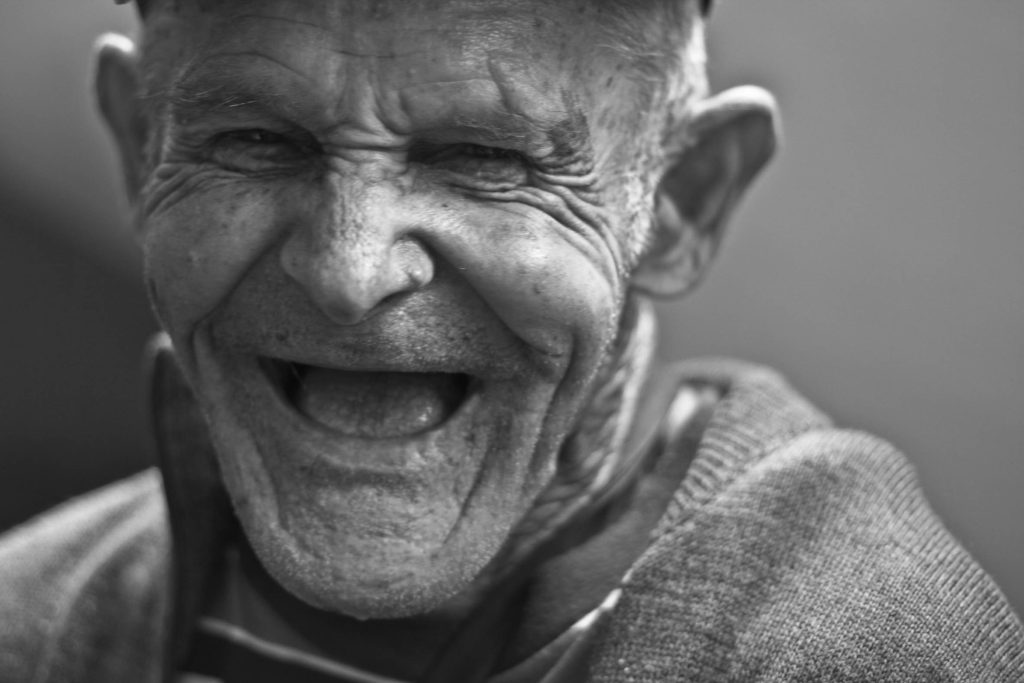Different Characteristics of Elderly People and How to Deal With Them

Various characteristics of elderly people may impact how they are cared for.
Some older adults have sensory impairments and exhibit symptoms of dementia. Others need assistance with everyday tasks. The form of care used will largely depend on the individual’s needs, both physical and mental.
This guide will help you understand some common issues faced by older adults. Furthermore, provide you with advice on caring for them effectively.
Different Characteristics of Elderly People and How to Deal With Them
1. Sensory Impairment
Frequently, older adults suffer from problems with vision, hearing, and taste. It can be due to the biological process of aging or illness, or injury. It is pretty standard for older people to report difficulties in recognizing faces, distinguishing colors, and experiencing pain; such symptoms may be very distressing for their family members and friends. These symptoms are because changes are happening in the brain as a person ages.
2. Dementia
Dementia is the loss of cognitive function (i.e., thinking) that is characteristic of aging, particularly in older adults 65 or older. In most cases, dementia is caused by diseases (e.g., Alzheimer’s disease) but may also be due to other causes such as head injuries, strokes, or Parkinson’s disease. Dementia is usually characterized by significant impairment in daily living activities and communication.
3. Stroke
Although strokes are not as standard as dementia and mild cognitive impairment, they can have a devastating impact on an older person’s life. A blockage causes a stroke in an artery, which causes the brain to stop receiving oxygen. It may be because of a blood clot, or ischemia, which means that the blood vessels supplying the brain have clogged.
4. Alzheimer’s Disease
Alzheimer’s disease (AD) is a neurodegenerative disease because of loss of memory and the ability to learn new things, causing difficulty with speaking and thinking. It is the most common form of dementia and affects about 8.5 million Americans or one in four people over age 65. The incidence of AD increases with age, with affected individuals becoming increasingly more mentally impaired as they grow older.
5. Physical Impairments
Older adults may become physically disabled when they suffer a stroke. They cannot walk independently or suffer an illness such as Parkinson’s disease or arthritis that renders them unable to perform their everyday life activities.
6. Communication Difficulties
Communication difficulties can occur for a variety of reasons. Some people with dementia speak differently than they were used to, such that friends and family face problems understanding them. Others have hearing difficulties that make it impossible for them to communicate with caregivers or other people who are not in the same room. It is also possible that the patient has aphasia and cannot form words properly because the brain has lost some of its power to control speech muscles.
7. Social Problems
Older people may experience social problems as a result of their illness or accident. They may become isolated and fearful, or they may fail to recognize friends and family members. Social isolation may lead to changes in behavior, such as increased anger or depression. As a result, social isolation should be prevented where possible so that the older adult can have regular contact with other people.
8. Pain
Pain is a significant factor in the lives of most older adults. Many have a history of chronic pain or significant accidents which have caused them to be in constant pain. Some people do not report their pain because they are shy or believe that they do not deserve acknowledgment. Pain is also more common in older patients than younger ones and is likely to have various causes such as arthritis and cancer.
9. Diverse Communication Needs
Communication needs will vary depending on the patient. Some people need to speak with others to express their thoughts and feelings or ask questions. Others may take a long time to collect their ideas and be better understood if given time before expressing themselves verbally.
Importance of Understanding Behaviors of Elderly
It is important to remember that when communicating with older adults, it is normal to feel that they do not understand what you are saying. It could be because of memory problems or because they are not sure how to express themselves. As a result, you must keep trying to communicate with them and try different approaches, such as using pictures or gestures to convey your message.
How to Deal With Problems Caused by Older Adults
These problems are manageable but may need some extra attention. Different techniques are available for handling them depending on the situation, such as using a bedside commode or having a trained caregiver around. The caregiver undergone trainings how to deal with the patient to prevent accidents or injury. It is also essential to keep a positive attitude, which will help the patient cope with their illness.
Older adults are a population that needs more and more attention because the number of people who are growing old is increasing every year. Many physical and mental problems may appear in older adults. Likewise, effective communication between the elderly patient and the caregiver is necessary for good care.
Do you have other tips on how we can understand different characteristics of elderly people? Please leave us a comment below!



Pingback: What Are The Signs And Symptoms Of Aging - Tech Hangouts